Caution: Music Distributors Might Already Own Your Music Publishing Rights-Without You Even Knowing It
Always Read the Fine Print Of Your Music Business Agreements
In today’s music business, distributing music has never been easier. Although there may be benefits to distributing a new album through a record label, emerging independent artists are able to self-distribute with a few clicks on the computer, using independent distributors like TuneCore or CD Baby. Working with record labels for both physical distribution and digital delivery of music involves navigating agreements that often include the ownership of sound recordings by record labels, highlighting the importance of understanding the variety of music distribution platforms and the agreements artists, musicians, and record labels might enter into.
There are numerous music distribution platforms out there—including independent music distributors— offering similar services. However, several distributors provide services beyond simple distribution of recordings: many offer their users the convenience of publishing and/or publishing administration services as well. In other words, these music distributors have expanded their service repertoire to get into the music publishing business. Perhaps because their capabilities pale in comparison to the biggest music publishing companies in New York, Los Angeles, Nashville, or anywhere else, you probably won’t find TuneCore or CD Baby listed as “publishers” in any music business registry you care to consult. Their primary business model is, of course, digital music distribution.
However, given how much revenue music publishing royalties generate for songwriters every year, it’s an important issue you most certainly want to be aware of when entering into music distribution deals for your new releases. To get a better sense of how music publishing generates serious money for songwriters (and/or the owners of their composition copyrights), and to learn more about protecting your work and the various publishing deals you can enter into, I recommend visiting Creative Intell and starting with their Music Publishing 101 course. (Disclaimer: I’m one of the lawyers and industry pros who helped design this course).
TuneCore, CD Baby: Music Distributors? Music Publishers? Both, or what?
Giving music distributors the right to also handle your publishing rights may seem like a convenient, attractive feature for independent artists, but many run into problems in the fine print of the services they engage. There’s a bit more to it than what you’d learn in Music Business 101—even at the best music business schools with the best music business programs—and it can seriously compromise your music publishing royalties when you publish music through these entities. Understanding where music distributors can place your music, including streaming services like Apple Music, is crucial for artists aiming to maximize their reach and revenue.
Since there are no dedicated music publishing contracts to these deals, artists and songwriters may think they’re simply signing up with a distributor to get their music on streaming services, only to realize later that their distributor has also taken exclusive publishing and/or publishing administration rights. This can be problematic later wants to enter into a music publishing deal for their songs, but can’t because their distributor has already locked up those rights.
Sync Licenses Excluded – with TuneCore Publishing
For instance, TuneCore’s publishing services, if elected by a user (mistakenly or not), grant TuneCore exclusive administration rights in an artist’s musical compositions. This includes the intricate process of sync licensing, which is crucial for artists looking to have their music featured in TV shows, movies, ads, or radio shows. Sync licensing involves direct negotiations for permissions between music users and copyright owners, requiring agreements that cover both the composition and the sound recording aspects. However, it should be noted that while TuneCore claims specific synchronization rights, the grant of rights generally excludes broader synchronization licensing, leaving some room for artists to navigate these opportunities independently.
Those rights include the ability to: (1) index an artist’s musical compositions with performing rights organizations (PROs - such as BMI, SESAC, ASCAP); (2) “reproduce, manufacture, distribute and sell records embodying one or more Compositions, physically, digitally and electronically or in any other format or media”; (3) publicly perform the compositions through broadcast or digital formats; (4) publish printed versions of the compositions (lyric sheets, sheet music, folios, etc.); (5) re-arrange, adapt, change or translate, any composition in any manner, including “granting licenses to third parties authorizing interpolations and/or “sampling” of the compositions”; and (6) granting, administering, and collecting “monies under audio-only blanket licenses and audio-visual blanket synchronization licenses (e.g., “micro-synchronization” licensing) of the compositions for the use of compositions in “art tracks”, user-generated videos on sites and services such as YouTube, Facebook, TikTok, and other audio-visual programs.”
Almost Every Revenue Stream from Music Publishing Royalties
That’s already surrendering a lot of rights – especially if you didn’t realize you were doing it - but further, TuneCore’s terms of publishing services also allow it to control the right to monetize any videos containing an artist’s compositions on YouTube or similar platforms which enable advertising revenue. Almost every revenue stream from an artist’s music publishing rights in a musical composition are encumbered under this deal, including public performance royalties. These royalties, significant for music publishing cash flow, are generated from the public use or display of musical works, such as radio broadcasts, digital streams, and performances in public spaces, and these royalties are managed and distributed by performance rights organizations. Even though, as mentioned earlier, music synchronization licenses - aka “sync licenses” (which can be lucrative for emerging artists) - are not controlled by the distributor here, those rights are still limited in terms of the micro-synchronization licensing uses discussed above.
Additionally, TuneCore will also collect royalties on all income earned from the exploitation of the publishing rights granted to them, including those from public performance. They can also sign an artist’s name to any documents or other contracts which it deems is within its rights.
CD Baby's “CDB Boost” Feature
By way of another example, CD Baby recently discontinued its Publishing Pro Services as of August 2023, but have created revenue boost services called “CDB Boost”, which include (insofar as publishing rights are concerned) mechanical royalty collection and synch licensing. Through these services, they collect USA-generated mechanical royalties on behalf of the artist through the Mechanical Licensing Collective (MLC). Additionally, CD Baby collects royalties paid for the use of their sound recordings in various formats, including on-demand downloads and physical sales, ensuring artists are compensated for the reproduction of their compositions.
They also negotiate synch license fees for placement of a songwriters’ compositions in films, television shows, video games, or commercials. CD Baby’s prior terms of service for its publishing administration services likewise granted CD Baby exclusive administration, promotion, and collection rights with respect to an artist’s musical compositions. However, synchronization rights and related publishing services were excluded unless elected separately by the artist or a user, on a non-exclusive basis.
CD Baby, TuneCore Publishing vs SongTrust
Similar to the publishing services offered by TuneCore, CD Baby’s rights included significant control beyond a mere distributor - or even a synch agent; they maintained several traditional publishing services, such as the ability to index an artist’s musical compositions with performance rights organizations (PROs), and exercising discretion over licensing and exploitation of the compositions. This approach is particularly beneficial for the independent artist, offering them more control and ownership over their sound recordings and song composition/lyrics, which is crucial for maintaining artistic integrity and financial independence.
It is important, however, to keep in mind that music distributors are separate and distinct from true independent music publishers, such as companies like SongTrust—even though it may not be immediately apparent to the uninitiated artist. The terms of an indie publisher may look quite similar. SongTrust, for instance, has a deal that includes exclusive worldwide publishing administration rights that are granted to the company from the songwriter. The songwriter retains ownership, as was the case with CD Baby and TuneCore’s services, and likewise they will index musical compositions with performance rights organizations and collect those corresponding royalties. This setup underscores the importance for independent artists to understand the nuances of these agreements, ensuring they retain significant control over their work while benefiting from the distribution and publishing services offered.
SongTrust Mechanical Royalties
SongTrust will also take exclusive rights to license mechanical uses of compositions, as well as monetize videos containing the compositions on platforms like YouTube (although the songwriter may opt out of this). Where SongTrust's terms differ from most distributors is that their services include an “exploitation period” which may extend far beyond the length that the company provides services to a songwriter. Therefore, they will continue to collect revenue from a songwriter's compositions even after the publishing administration deal is over, and SongTrust will continue to take its administration fee of 15% of the net revenue earned.
Another key difference with SongTrust specifically is that it excludes traditional synchronization rights for uses in mediums like movies, television, advertising, or games. The songwriter is left to handle the negotiation and collection of money for those licenses, unless they specifically ask SongTrust to do it on their behalf. Of course, they will take a 15% cut if they're requested to negotiate and/or collect income from those licenses.
The bottom line with independent distributors of recordings is that, although their primary service is to push an artist's recordings to streaming services and retailers, they often bundle their offerings with additional publishing services. If an artist isn't careful, they may end up doing a publishing deal without realizing it.
Knowing the typical terms offered by an independent publisher will help artists watch out for the fine print in their music distribution deals—which may implicate their music publishing rights. Once those rights are encumbered by a distributor, it will be that much harder for artists to enter into a publishing deal with a more established music publisher, because the artist has already given up their exclusivity.
To obtain a free copy of Creative Intell's full comparison chart of leading independent music publishing services, click here. In it you'll find all the services offered and respective terms of the following indie distributors/publishers:
Disclaimer language:
Creative Intell is not affiliated, nor associated in any way, with any third parties referenced herein, nor their respective goods or services. Any and all third-party tradenames, trademarks, and/or service marks referenced are used for informational purposes only, and are the exclusive property of their respective trademark owners.
Tags:
Music Business 101
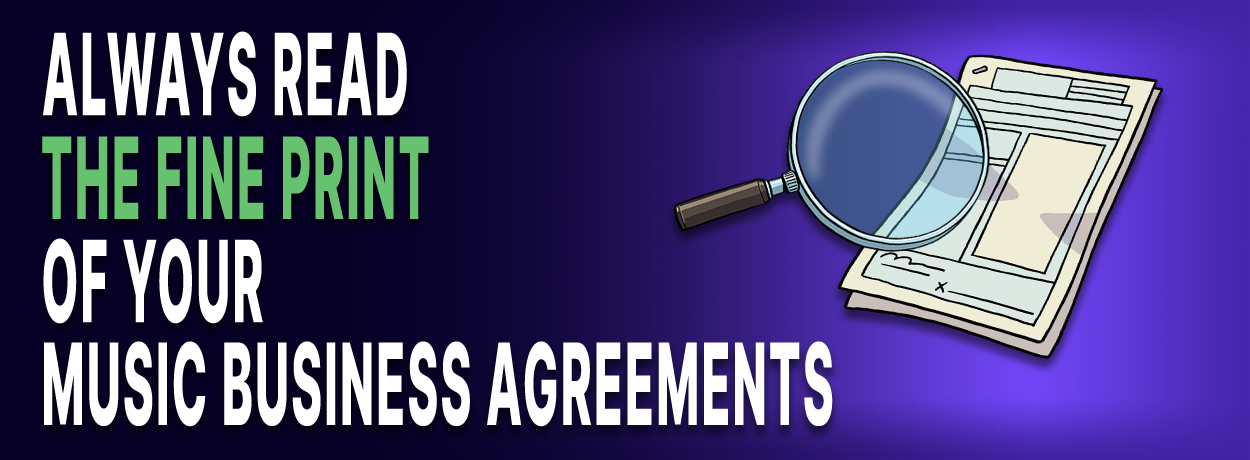
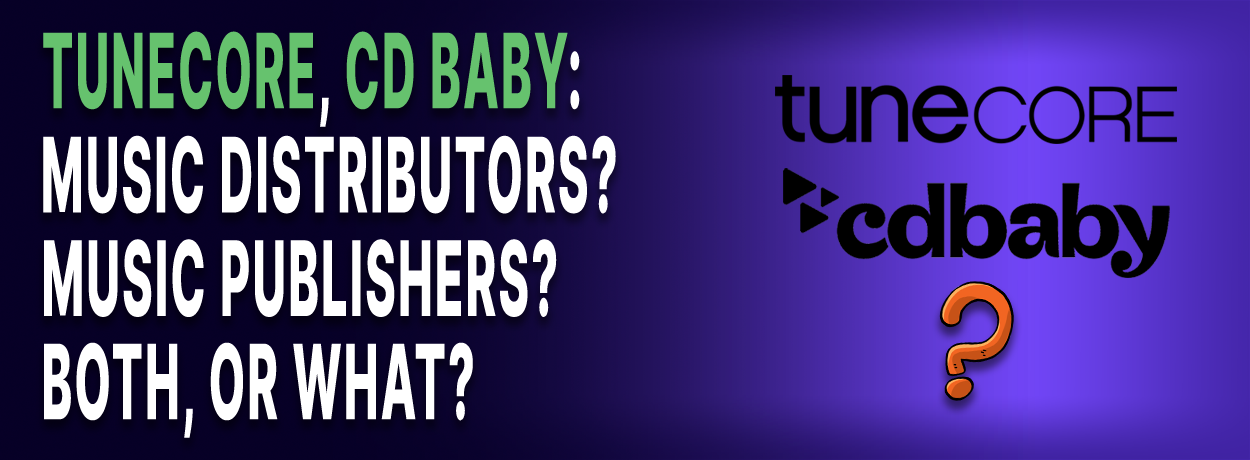
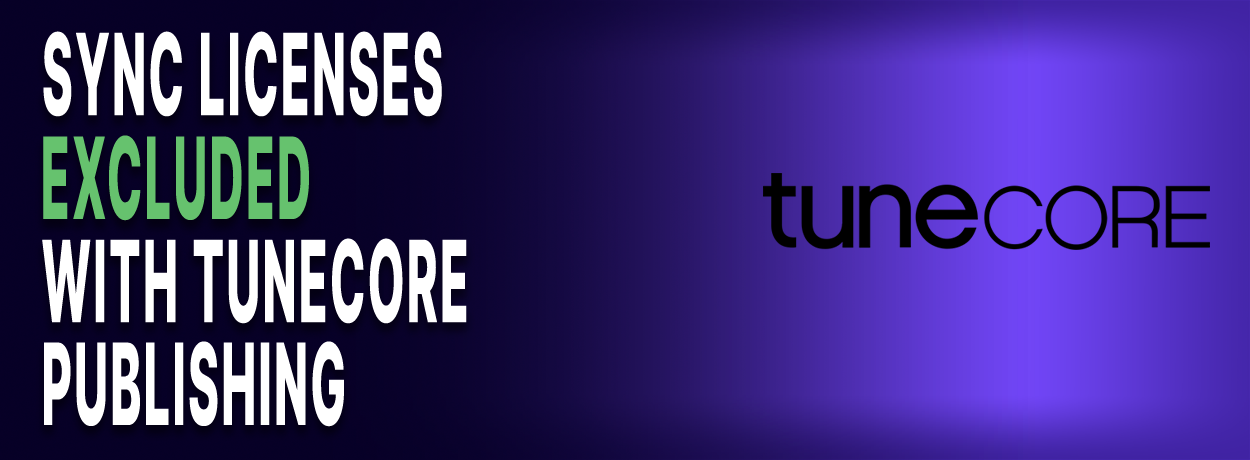

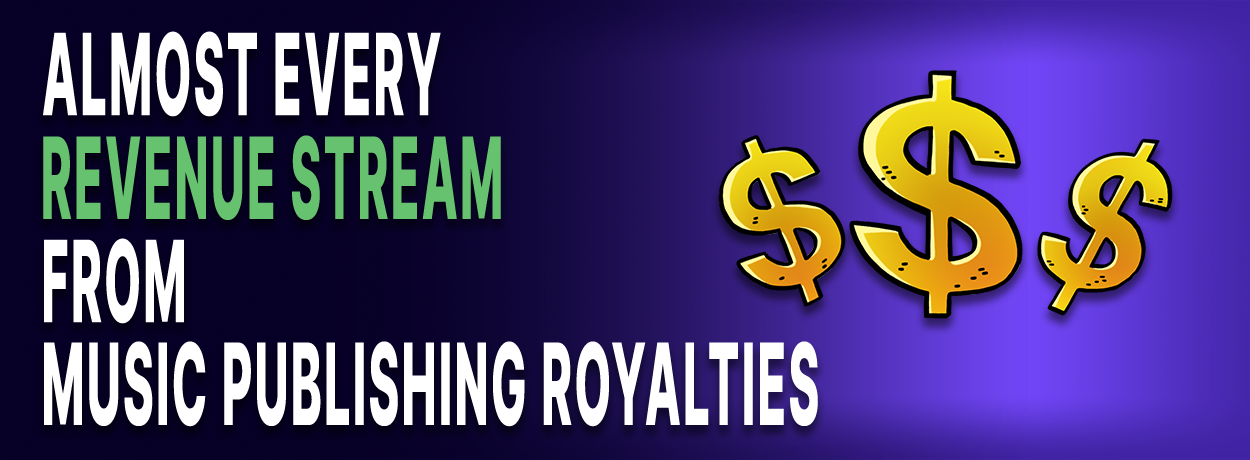
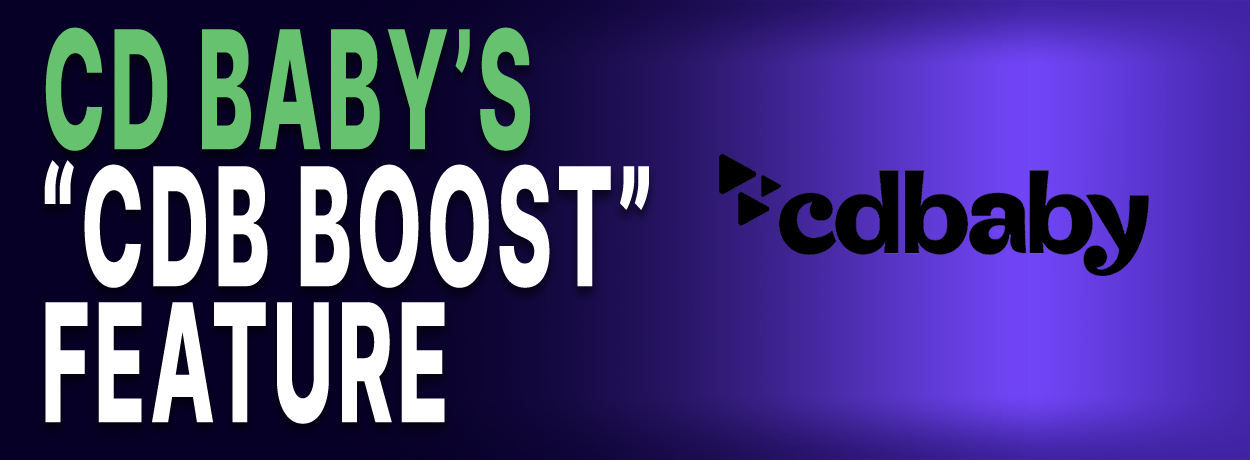

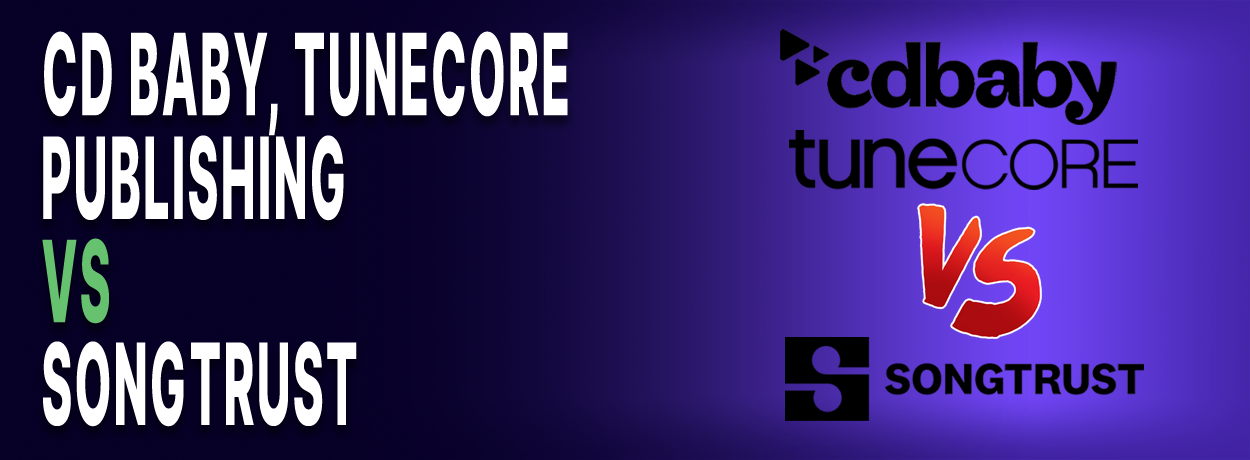
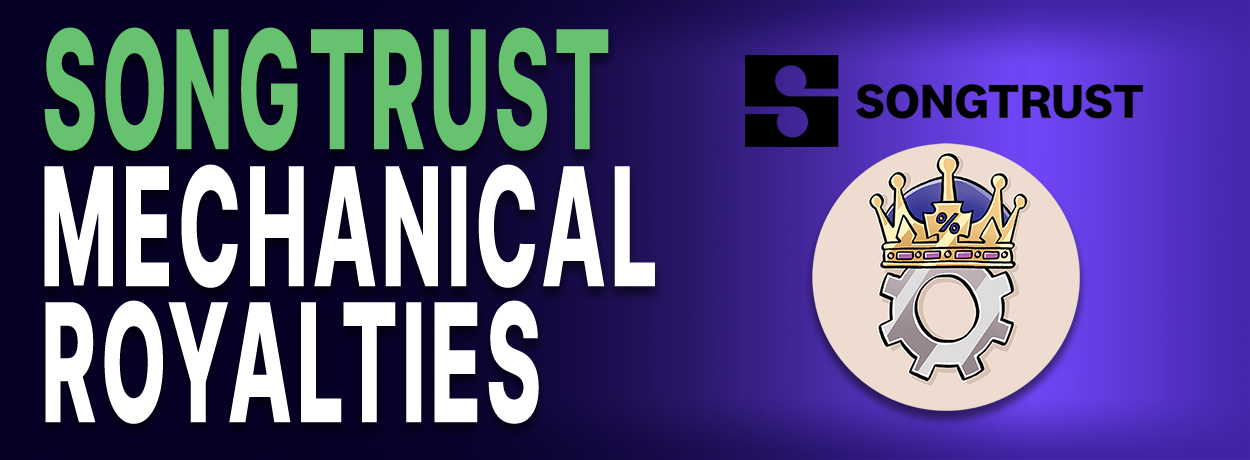
.png?width=736&height=443&name=BLOG_Ads_0000_BottomofArticleAD_MYci_V2_WhiteLOGO%20(2).png)



